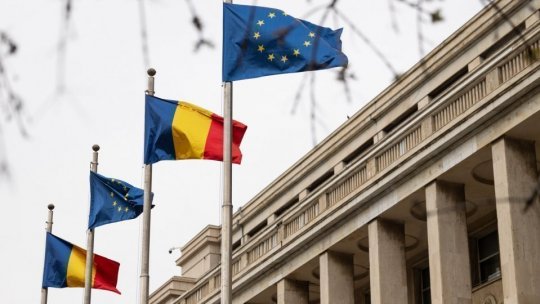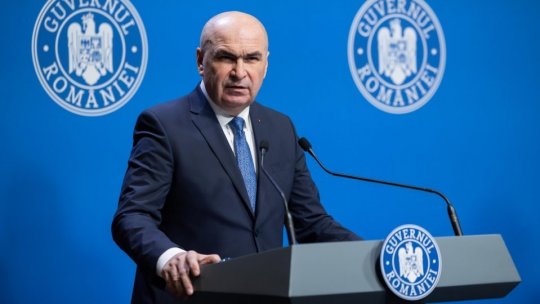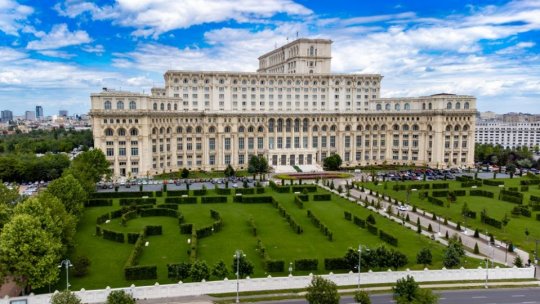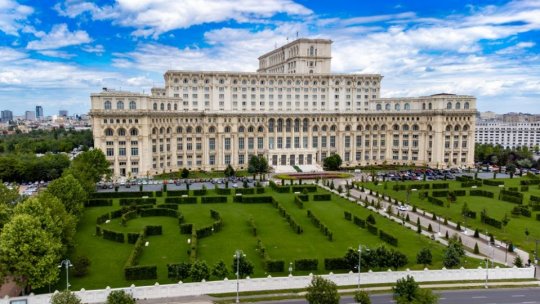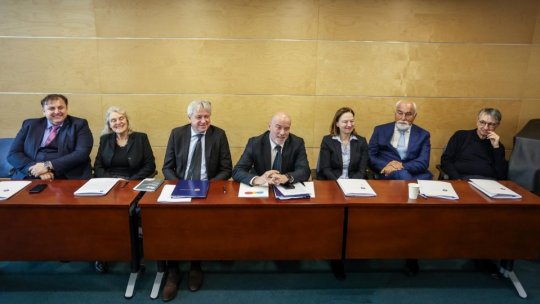Economic findings and forecasts
A virtual cross-section of the Romanian economy, the assessment carried out these days by IMF experts in Bucharest has brought us one piece of good news and several items of bad news.
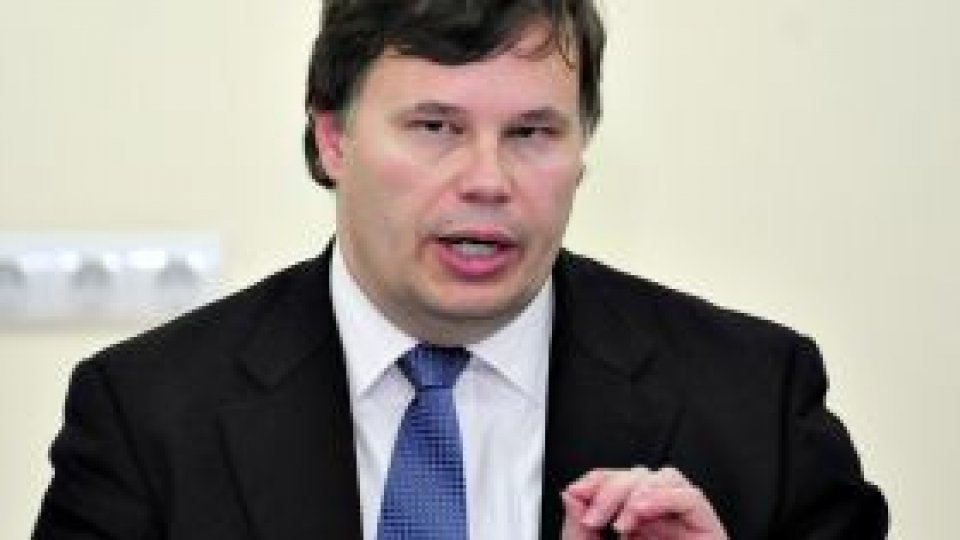
29 Iulie 2010, 15:26
The good news is that, so far, the strict austerity measures taken by the government seem to be effective in terms of containing the budget deficit.
After the first six months of the year, the deficit is below the target agreed on with the Fund, so that Romania stands good chances to reach the 6.8% target, as against the 7.3% reported for 2009.
The first piece of bad news is that the IMF experts themselves have voiced concern with Romania's incapacity to absorb European funds.
The inefficiency of both central and local authorities entails the risk of the country's losing the billions of Euros made available by Brussels for 2007-2009.
But the really bad news is that, according to the chief of the IMF mission in Bucharest, Jeffrey Franks, the estimates so far indicate that Romania will not overcome the crisis next year either.
He pointed out that the IMF will most likely operate a downward adjustment of its GDP decrease estimate, which currently stands at 0.5%.
Business people, too, expect “a downward trend for all business operations.” Such forecasts have immediately raised concerns in Bucharest, where some voices speak about a possible contracting of a new loan, after next March.
The current stand-by agreement stipulates that Romania will receive a total of 20 billion Euros from the IMF, European Commission, World Bank and other international financial institutions. But a new loan would mean an additional burden on the Romanian economy, economic analysts say.
For the time being, prime minister Emil Boc and finance minister Sebastian Vladescu, the most authoritative voices in the government made up of the Liberal Democratic Party, the Democratic Union of Ethnic Hungarians in Romania and the National Union for the Progress of Romania, deny the speculations in the mass media, according to which talks are being held with the IMF on a new agreement.
In its turn, the Opposition criticises such a plan. The Liberals claim that the money granted by the IMF has been spent, with the agreement of the financial institution, on budget expenses instead of investments, as initially planned.
And the Social Democrats warn that a new loan would lead to “an excessive debt, which would suffocate the country in the medium run, because this loan will have to be repaid.”
(Radio România Internaţional, Serviciul în limba engleză).


